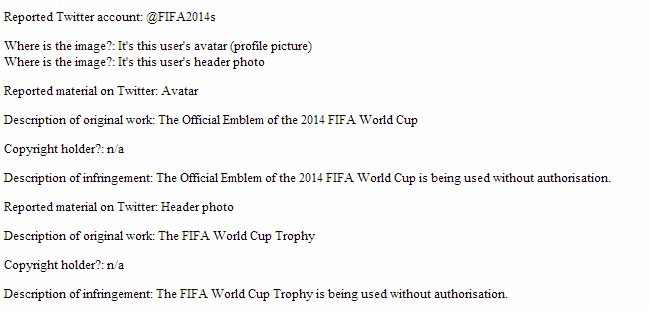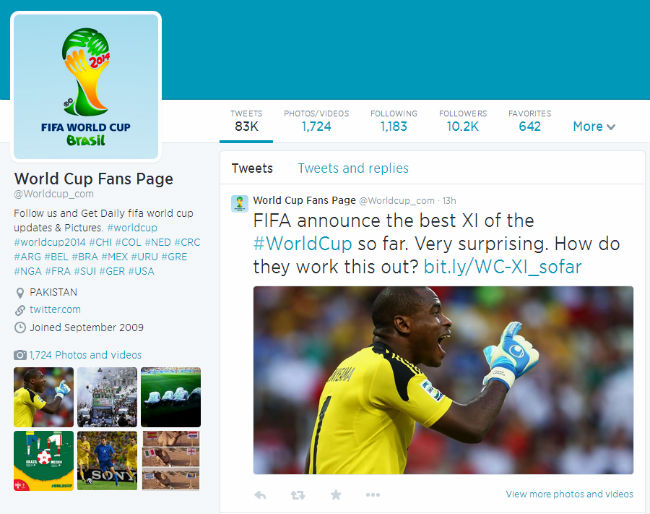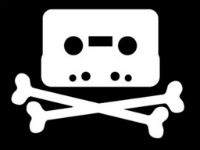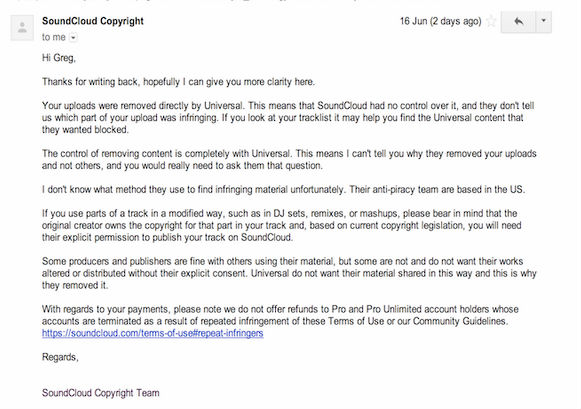140 U.S. Internet Providers Disconnect Persistent File-Sharers
samedi 5 juillet 2014 à 22:06 For more than a decade copyright holders have been sending ISPs takedown notices to alert account holders that their connections are being used to share copyrighted material.
For more than a decade copyright holders have been sending ISPs takedown notices to alert account holders that their connections are being used to share copyrighted material.
These notices are traditionally nothing more than a warning, hoping to scare file-sharers into giving up their habit. However, anti-piracy outfit Rightscorp has been very active in trying to make the consequences more serious.
The company monitors BitTorrent networks for people who download titles owned by the copyright holders they work for, and then approaches these alleged pirates via their Internet providers. The ISPs are asked to forward Rightscorp’s settlement demands to the alleged infringer, which is usually around $20 per shared file.
The settlement approach is a bigger stick than the standard warnings and according to Rightscorp it’s superior to the six-strikes scheme. And there’s more. The company also wants Internet providers to disconnect subscribers whose accounts are repeatedly found sharing copyrighted works.
Christopher Sabec, CEO of Rightscorp, says that they have been in talks with various Internet providers urging them to step up their game. Thus far a total of 140 ISPs are indeed following this disconnection principle.
“We push ISPs to suspend accounts of repeat copyright infringers and we currently have over 140 ISPs that are participating in our program, including suspending the accounts of repeat infringers,” Sabec says.
During a presentation at the Anti-Piracy Summit in Los Angeles Rightscorp recently pitched this disconnection angle to several interested parties.
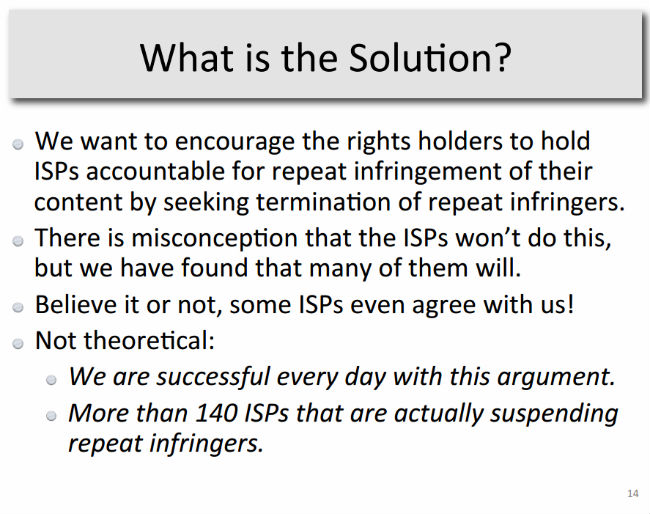
By introducing disconnections Rightcorp hopes to claim more settlements to increase the company’s revenue stream. They offer participating ISPs a tool to keep track of the number of warnings each customer receives, and the providers are encouraged to reconnect the subscribers if the outstanding bills have been paid.
“All US ISPs have a free Rightscorp website dashboard that identifies these repeat infringers and notifies the ISPs when they have settled their cases with our clients. We encourage the ISPs to restore service once the matter has been settled and there is no longer an outstanding legal liability,” Sabec told TorrentFreak.
Cutting off repeat infringers is also in the best interests of ISPs according to Rightscorp, who note that it is a requirement for all providers if they are to maintain their DMCA safe harbor.
Rightscorp is indeed correct in stating that Internet providers have to act against repeat infringers. The DMCA requires ISPs to “… adopt and reasonably implement a policy that provides for the termination in appropriate circumstances of subscribers and account holders of the service provider’s system or network who are repeat infringers.”
However, legal experts and Internet providers interpret the term “repeat infringer” differently.
For example, AT&T previously said that it would never terminate accounts of customers without a court order, arguing that only a court can decide what constitutes a repeat infringement. Comcast on the other hand, previously told us that they are disconnecting repeat infringers, although it’s not clear after how many warnings that is.
Nevertheless, Rightscorp claims that their approach has been a great success and proudly reports that 140 ISPs are actively disconnecting subscribers. So does this mean that all U.S. Internet subscribers are at risk of receiving a settlement request or losing their Internet access?
Well, not really.
Most of the larger Internet providers appear to ignore Rightscorp’s settlement notices. Comcast, for example, does forward the notice but takes out the settlement offer. Verizon, AT&T and other major ISPs appear to do the same. Thus far, Charter seems to be the only major provider that forwards Rightscorp’s requests in full.
The 140 ISPs Rightscorp is referring to are mostly smaller, often local ISPs, who together hold a tiny market share. Not insignificant perhaps, but it’s a nuance worth adding.
Source: TorrentFreak, for the latest info on copyright, file-sharing and anonymous VPN services.
 In the file-hosting and file-linking worlds there are laws in place to protect site operators from liability for their users’ actions.
In the file-hosting and file-linking worlds there are laws in place to protect site operators from liability for their users’ actions.
